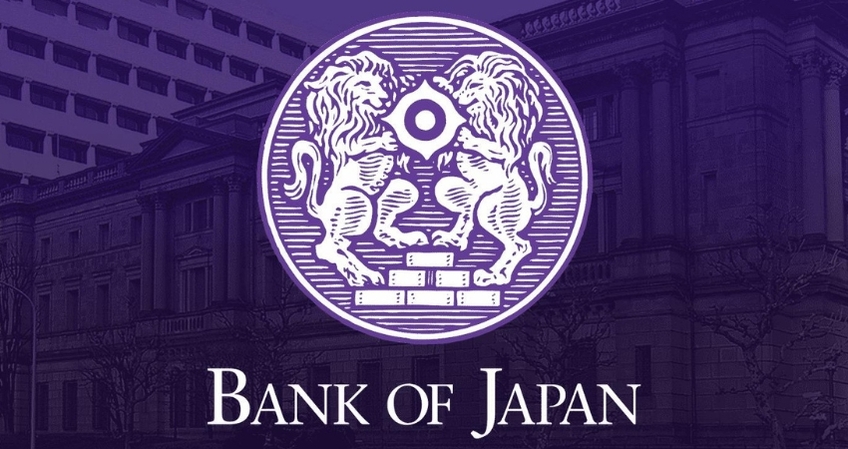Analyzing the Bank of Japan's Key Decisions in December 2023
· Maintained Ultra-Loose Policy: The Bank of Japan kept its ultra-loose monetary settings unchanged, awaiting more evidence on wage and price rises.
· Market Reaction: The decision led to a decline in the yen and a rise in Japanese stocks, signaling market sensitivity to potential policy shifts.
· Future Policy Shifts: Indications suggest a possible change in April 2024, aligning with wage negotiation outcomes and global economic conditions.
The Bank of Japan (BoJ) meeting on December 19, 2023, provided important insights into Japanese monetary policy amid evolving economic conditions. At this meeting, the BoJ decided to maintain its ultra-loose monetary policy, a move that had been expected by markets to await more evidence of sustained wage and price increases before moving away from its substantial monetary stimulus. The central bank left the short-term interest rate target at -0.1% and the target for 10-year government bond yields at around 0%. This decision came against the backdrop of inflation in Japan exceeding 2% for more than a year and some companies signaling their willingness to raise wages, indicating a possible change in the BoJ's dovish stance among global central banks.
Governor Kazuo Ueda, who has led the BoJ since April 2023, emphasized the gradual increase in the possibility of inflation accelerating towards the bank's price target. However, he noted the need to scrutinize whether a positive wage-inflation cycle would take place, citing the uncertainty in conditions. Ueda's stance reflects a cautious approach, considering the significant changes and uncertainties in global and domestic economic conditions.
The market reacted to the BoJ's decision with a fall in the yen and gains in Japanese equities, underlining the market's sensitivity to the BoJ's policy stance. The USD/JPY pair experienced volatility, largely influenced by Ueda's tightening rhetoric and expectations of a rate change. Although the ultra-loose policy will continue, hints of possible changes impacted market momentum, with the yen gaining against the dollar on expectations of tightening.
Analysts believe that the BoJ's first practical steps towards policy change could come in April 2024, coinciding with the results of the annual spring wage negotiations. This period is expected to lay the groundwork for future policy changes, possibly reflecting a hawkish bias in the BoJ's approach. However, Ueda did not give a clear signal on the timing of the exit from negative interest rates and acknowledged that more data would be needed before the next monetary policy meeting in January.
Furthermore, the BoJ's decision-making is influenced by global monetary trends, especially as central banks in the US and Europe signal a halt to rate hikes. A rate increase by the BoJ, particularly when other central banks are cutting rates, could significantly affect the yen's value and impact manufacturers' profits and wage policies. This global context adds complexity to the BoJ's policy decisions, as it balances supporting economic recovery with managing inflation and wage growth.

